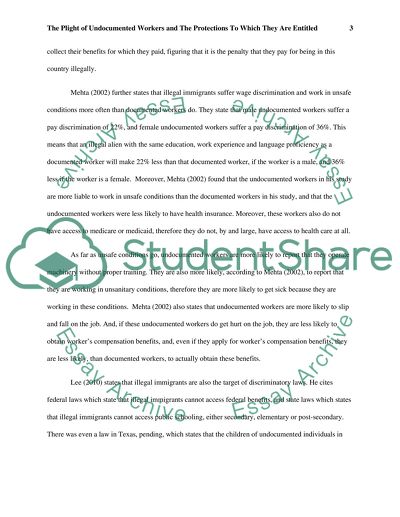Cite this document
(“Illegal domestic workers and their legal options Essay”, n.d.)
Retrieved from https://studentshare.org/law/1458724-illegal-domestic-workers-and-their-legal-options
Retrieved from https://studentshare.org/law/1458724-illegal-domestic-workers-and-their-legal-options
(Illegal Domestic Workers and Their Legal Options Essay)
https://studentshare.org/law/1458724-illegal-domestic-workers-and-their-legal-options.
https://studentshare.org/law/1458724-illegal-domestic-workers-and-their-legal-options.
“Illegal Domestic Workers and Their Legal Options Essay”, n.d. https://studentshare.org/law/1458724-illegal-domestic-workers-and-their-legal-options.


